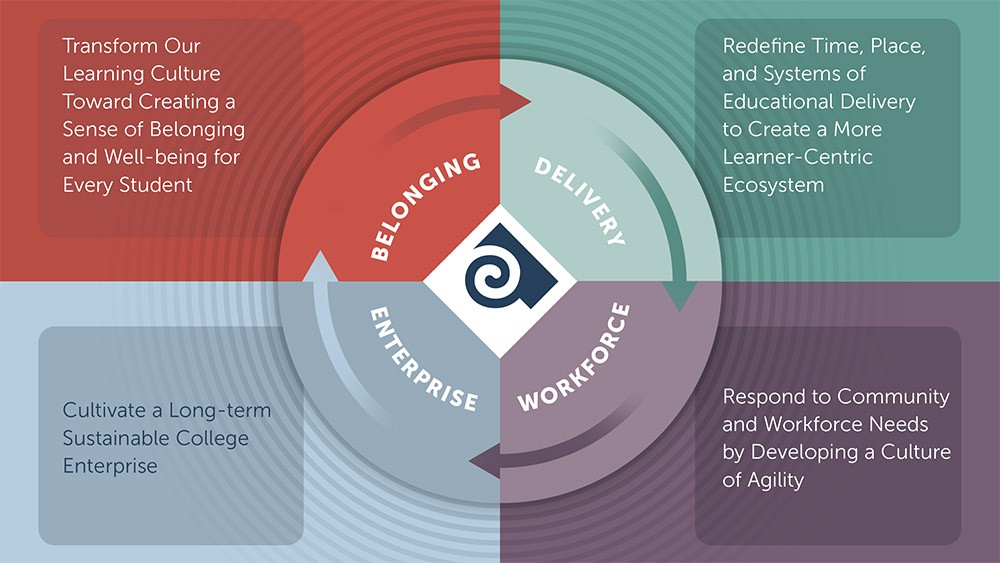An Operations Program Manager plays a crucial role in overseeing the daily operations of a program or facility. This career demands a unique blend of leadership, analytical, and communication skills. This article delves into the responsibilities, required competencies, and career path of an Operations Program Manager.
Portland Community College’s strategic plan highlights the importance of operational efficiency in achieving its mission. An Operations Program Manager contributes significantly to this strategic goal.
Responsibilities of an Operations Program Manager
An Operations Program Manager’s responsibilities are multifaceted and demanding. They include:
Daily Operations Management:
- Overseeing daily processes and workflow, ensuring alignment with organizational goals and regulatory compliance.
- Developing and implementing operational procedures, policies, and improvements.
- Managing budgets, approving expenditures, and monitoring financial performance.
Leadership and Supervision:
- Leading and supervising a team of professionals, paraprofessionals, and support staff.
- Hiring, training, evaluating, and providing guidance to team members.
- Fostering a collaborative and productive work environment.
Collaboration and Communication:
- Acting as a liaison between internal departments and external stakeholders.
- Communicating effectively with students, faculty, staff, and community partners.
- Participating in meetings, committees, and relevant groups to share information and build relationships.
Strategic Planning and Analysis:
- Contributing to the development and implementation of strategic plans.
- Analyzing data, identifying trends, and making recommendations for improvement.
- Monitoring legal and regulatory changes and assessing their impact on the organization.
Risk Management and Compliance:
- Ensuring compliance with applicable laws, regulations, and internal policies.
- Identifying and mitigating potential risks to the program or facility.
- Developing and maintaining risk management documentation and procedures.
Essential Skills and Qualifications for an Operations Program Manager Career
A successful Operations Program Manager possesses a combination of hard and soft skills.
Hard Skills:
- Project Management: Expertise in planning, executing, and monitoring projects.
- Budget Management: Proficiency in developing and managing budgets.
- Data Analysis: Ability to collect, analyze, and interpret data to inform decision-making.
- Regulatory Knowledge: Understanding of relevant laws, regulations, and compliance requirements.
Soft Skills:
- Leadership: Ability to motivate and guide a team.
- Communication: Excellent written and verbal communication skills.
- Problem-solving: Ability to identify and resolve complex issues.
- Collaboration: Ability to work effectively with diverse stakeholders.
Graduates equipped with strong leadership and management skills are well-suited for Operations Program Manager Careers. These roles offer opportunities to contribute to organizational success and make a tangible impact.
Career Path and Advancement
An Operations Program Manager career often begins with roles like project coordinator or team lead. With experience and demonstrated success, individuals can advance to senior management positions such as Director of Operations or Chief Operating Officer. Continuing education and professional certifications can further enhance career prospects.
Conclusion
An Operations Program Manager career offers a challenging yet rewarding path for individuals with strong leadership, analytical, and communication skills. By mastering essential skills and continuously developing their expertise, aspiring Operations Program Managers can build successful and impactful careers. This role plays a vital part in ensuring organizational efficiency and achieving strategic goals.

